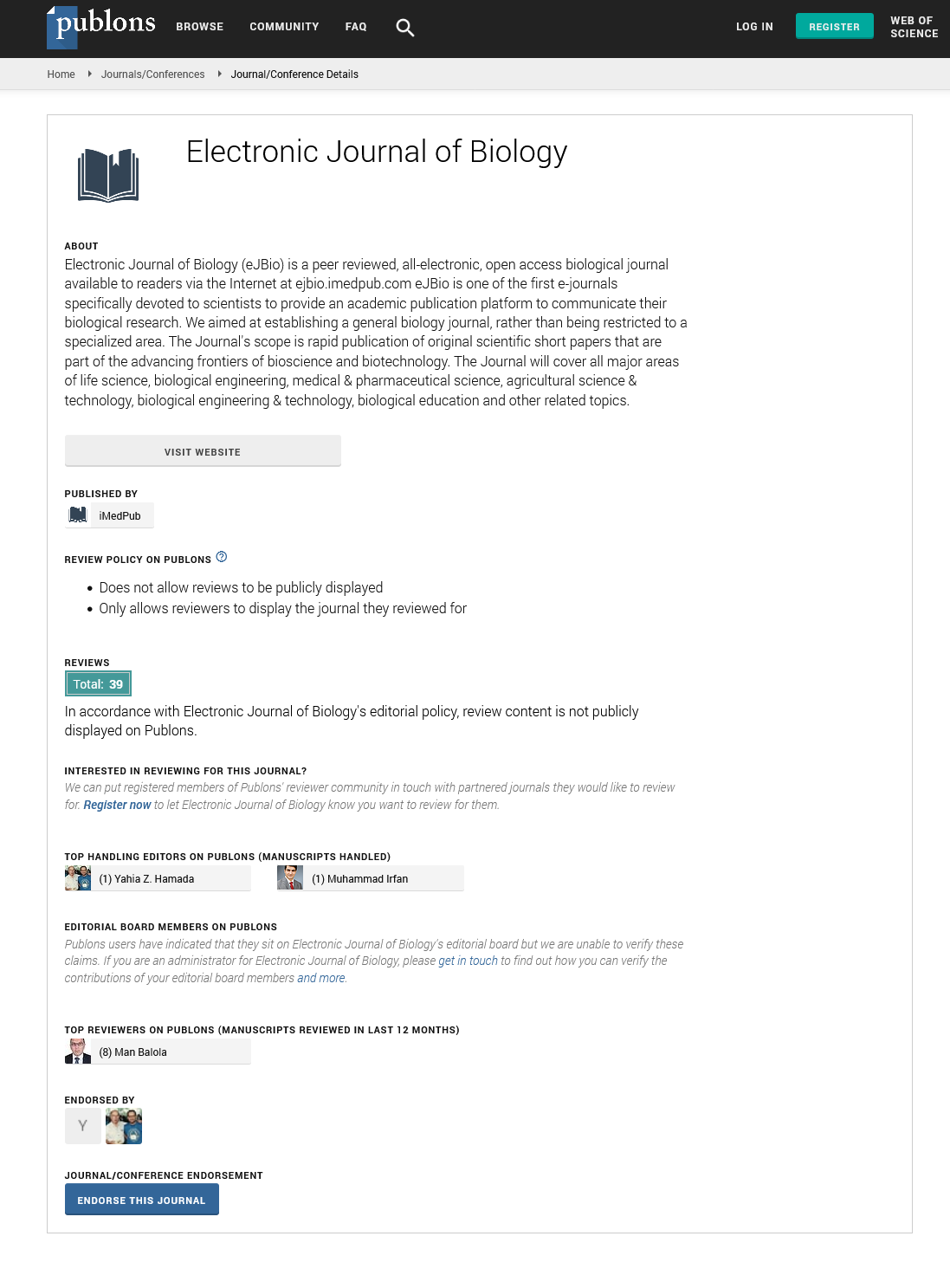Abstract
Identification of Potential Drug for Dengue Hemorrhagic Fever by Network-Based Drug Reprofiling Approach
Dengue fever can progress to Dengue Hemorrhagic Fever (DHF), which is a more serious and occasionally fatal form of the disease. The patient may acquire warning indications of serious disease about the time the fever begins to reduce (typically 3–7 days following symptom onset), and there are currently no effective antivirals available. Drug repurposing is emerging as a novel drug discovery process for rapidly developing effective DHF therapies. Through network pharmacology modeling, several FDA approved medications have already been researched for various viral outbreaks, by analyzing the interactions between virus-host gene interactions and therapeutic targets in the human genome network, a total of 45 repurposable medicines were discovered. Hub network analysis of host virus drugs association hypothesized that aspirin, captopril, rilonacept are efficient in the treatment of DHF, and gene enrichment analysis supports the findings. The human interactive contains the genes PTGS2, ACE, and F2, documented to have a role in the pathogenesis of disease progression of DHF, and our analysis of most of the drugs targeting these genes. As a result, genes targeting medications play a significant part in limiting the condition's advancement.
Author(s): Praveenkumar KS*, Gnanasoundari Sekar, Mallady vashnavi Sri Kavya, Wan Suriana Wan Ab Rahman, Wan Nazatul Shima Shahidan and Gokulakannan Venkatesan
Abstract | Full-Text | PDF
Share this

Google scholar citation report
Citations : 5001
Electronic Journal of Biology received 5001 citations as per google scholar report
Electronic Journal of Biology peer review process verified at publons
Abstracted/Indexed in
- Google Scholar
- China National Knowledge Infrastructure (CNKI)
- CiteFactor
- Electronic Journals Library
- Zoological Records
- WorldCat
- Proquest Summons
- Publons
- MIAR
- Openaccessarticles.com
- Secret Search Engine Labs
Open Access Journals
- Aquaculture & Veterinary Science
- Chemistry & Chemical Sciences
- Clinical Sciences
- Engineering
- General Science
- Genetics & Molecular Biology
- Health Care & Nursing
- Immunology & Microbiology
- Materials Science
- Mathematics & Physics
- Medical Sciences
- Neurology & Psychiatry
- Oncology & Cancer Science
- Pharmaceutical Sciences


